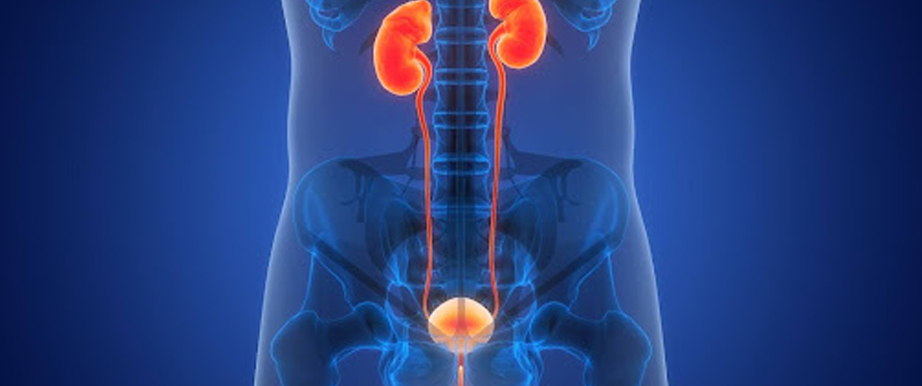Nephrology

Nephrology is the medical specialty focused on the diagnosis, treatment, and management of diseases and conditions that affect the kidneys. The kidneys play a crucial role in filtering waste from the blood, regulating blood pressure, balancing electrolytes, and producing hormones that control red blood cell production. Nephrologists are specialists who manage various kidney-related conditions and work to prevent kidney failure.
Functions of the Kidneys
- Filtration of Waste Products: Kidneys remove waste and excess fluids from the blood, producing urine.
- Regulation of Electrolytes: They balance key electrolytes such as sodium, potassium, and calcium.
- Blood Pressure Regulation: Kidneys help regulate blood pressure by adjusting the balance of salt and water and producing the hormone renin.
- Acid-Base Balance: They maintain the pH balance in the body by regulating bicarbonate and hydrogen ions.
- Erythropoiesis: Kidneys produce erythropoietin, a hormone that stimulates red blood cell production.
- Vitamin D Activation: Kidneys convert vitamin D into its active form, which helps maintain bone health by regulating calcium and phosphate levels.
Common Kidney Diseases and Conditions in Nephrology
- Chronic Kidney Disease (CKD)
- Acute Kidney Injury (AKI)
- Glomerulonephritis
- Nephrotic Syndrome
- Polycystic Kidney Disease (PKD)
- End-Stage Renal Disease (ESRD)
- Kidney Stones
- Hypertension (High Blood Pressure) and Kidney Disease
- Diabetic Nephropathy
- Lupus Nephritis
Diagnostic Tools in Nephrology
- Blood Tests
- Urine Tests
- Imaging Studies
Treatment Approaches in Nephrology
- Medications
- Dialysis
- Kidney Transplant
- Dietary Management
- Lifestyle Modifications
Prevention and Management
- Managing chronic conditions: Keeping diabetes, high blood pressure, and autoimmune diseases under control is key.
- Healthy lifestyle: Regular physical activity, a balanced diet low in salt, and avoiding tobacco and excessive alcohol can protect kidney health.
- Regular screening: People at risk of kidney disease (e.g., those with diabetes, hypertension, or a family history of kidney disease) should undergo regular checkups, including blood pressure, blood sugar, and kidney function tests.
Meet Our Specialist Doctor
One of the top Hospitals in Ghatkopar.




 Click to Book Appointment & Bed
Click to Book Appointment & Bed